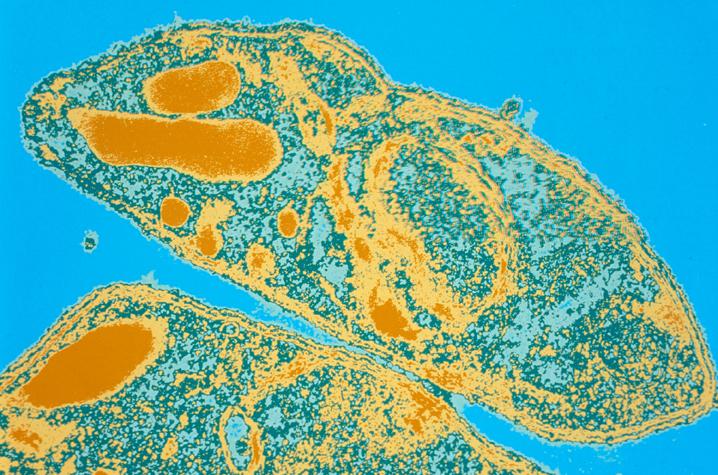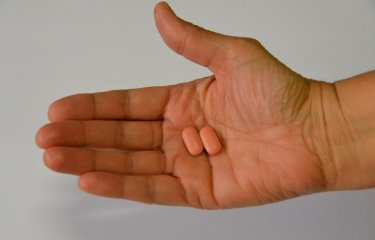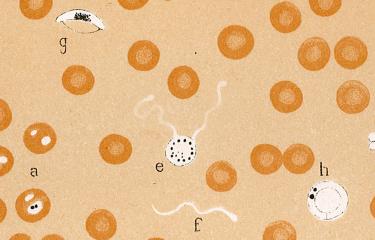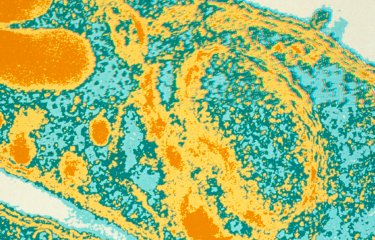Researchers at the Institut Pasteur and the French National Center for Scientific Research (CNRS), in collaboration with Imperial College London, have synthesized two molecules capable of quickly and irreversibly stopping the growth of P. falciparum at every blood stage of its life cycle. These molecules work by inhibiting the histone methyltransferase enzymes necessary for the parasite’s development. This research was published on September 24, 2012 in the journal PNAS and was recently presented at the 23rd Annual Molecular Parasitology Meeting in Woods Hole, Massachusetts (USA).
Press release
Paris, September 27, 2012

Artur Scherf, head of the Institut Pasteur Biology of Host-Parasite Interactions Unit (CNRS Associated Research Unit 2581), led the researchers, who, after identifying two molecules (BIX-01294 and TM2-115), successfully tested them in vitro on P. falciparum and in vivo on P. berghei (the parasite responsible for malaria in rodents).
The results of this research are significant. When introduced to a culture of P. falciparum both BIX-01294 and TM2-115 rapidly trigger the irreversible death of the parasite. After only 12 hours of incubation with BIX-01294 all P. falciparum parasites in culture were killed. Researchers obtained similar results from in vivo testing in mice models, which showed a clear decrease in the presence of P. berghei after the administration of TM2-115.
BIX-01294 and TM2-115 have similar modes-of-action in that they both significantly reduce a form of histone H3 (H3K4me3) involved in the regulation of gene expression for P. falciparum and P. berghei. This research therefore suggests that histone H3, and histone methyltransferases in general, constitute a new class of therapeutic target in the development of effective treatment for malaria. Researchers also emphasize the potential of the BIX-01294 inhibitor to be effective at every stage of the life cycle of P. falciparum as well as the other species of the plasmodium genus that infect humans.
This research was supported by the New York Pasteur Foundation and the Bill and Melinda Gates Foundation and received funding from the European Research Council.
--
Merozoite form of plasmodium falciparum, one the parasites responsible for malaria © Antoinette Ryter / Institut Pasteur
Source
Small-molecule histone methyltransferase inhibitors display rapid antimalarial activity aginst all blood stage forms in Plasmodium falciparum, Proceedings of the National Academy of Sciences, september 24, 2012.
Nicholas A. Malmquist (1,2), Thomas A. Moss (3), Salah Mecheri (1,2), Artur Scherf (1,2), Matthew J. Fuchter (3)
(1) Unité de Biologie des interactions Hote-Parasite, Institut Pasteur, France
(2) Unité de Recherche Associée 2581, Centre National de la Recherche Scientifique, France
(3) Department of Chemistry, Imperial College, Royaume-Uni
Contacts
Institut Pasteur Press Office
Nadine Peyrolo – +33 (0)1 45 68 81 46
Jérémy Lescene – +33 (0)1 45 68 81 01
presse@pasteur.fr





